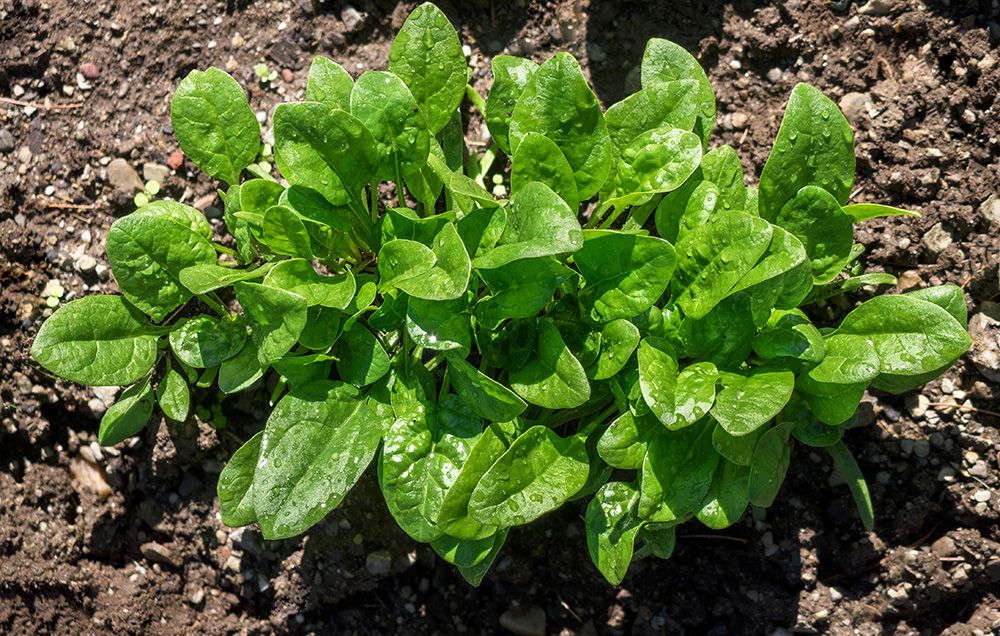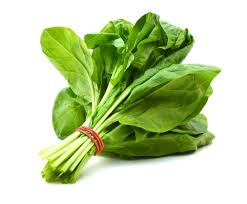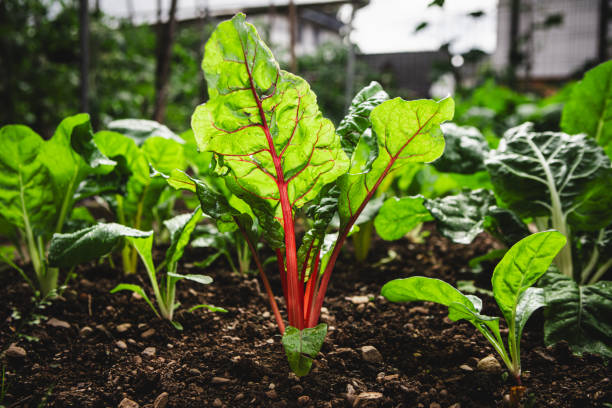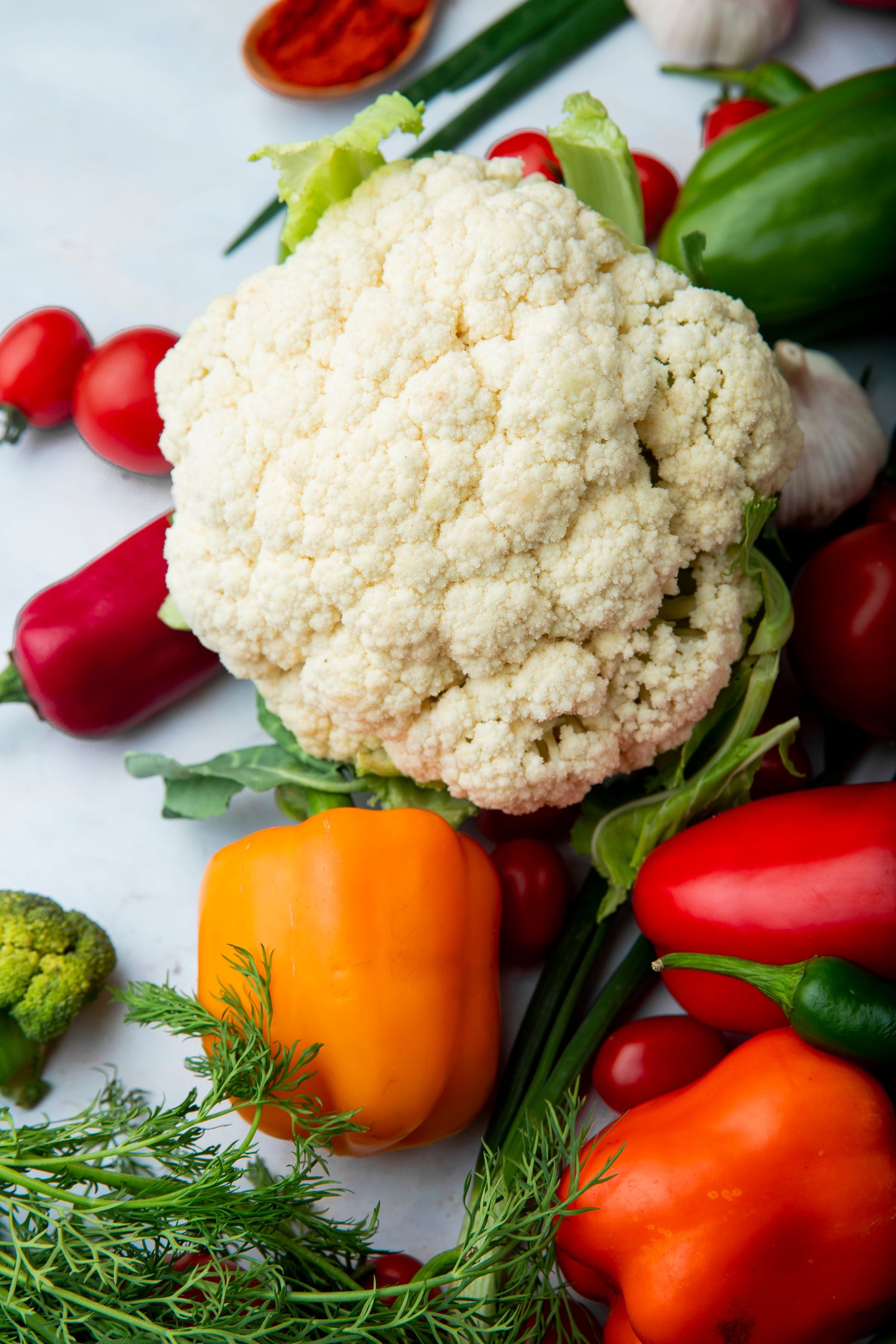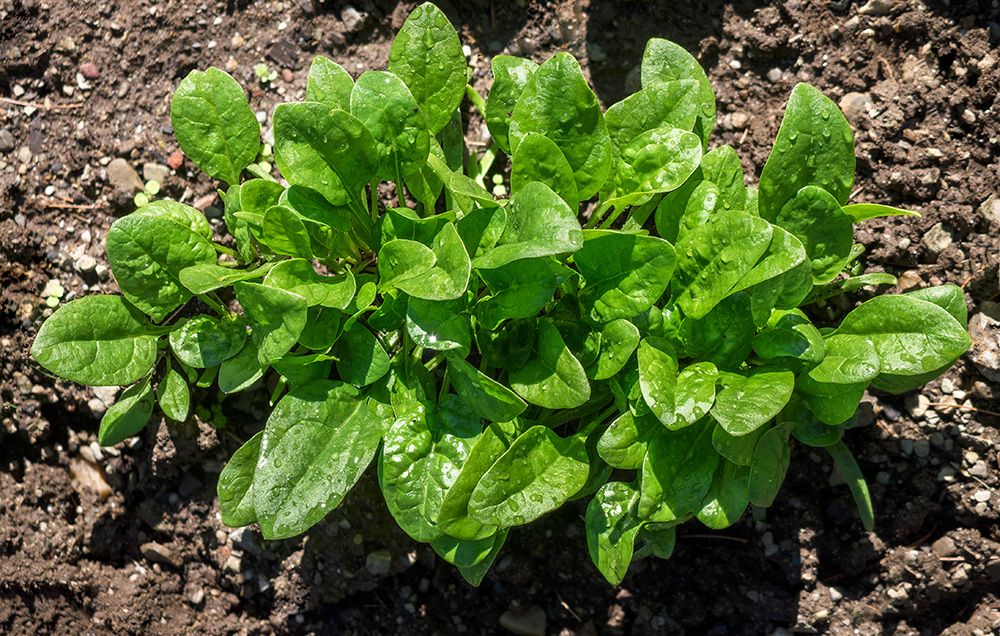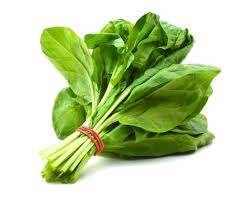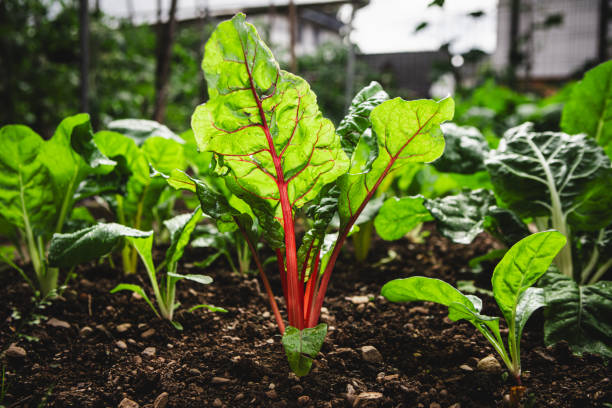My Store
Spinach Seeds Palak(पालक) | Vegetable Seeds (550-600 seeds)
Spinach Seeds Palak(पालक) | Vegetable Seeds (550-600 seeds)
Couldn't load pickup availability
**7 Days Easy Return Available**
Spinach (Palak) is one of the most nutritious and versatile leafy greens, known for its high content of iron, vitamins, and minerals. It is widely used in cooking for its mild flavor and can be consumed both raw in salads and cooked in dishes like palak paneer, soups, curries, or simply sautéed.
The Spinach Seeds Palak variety is well-suited for home gardens and commercial farming. This variety is particularly appreciated for its fast growth and high yield, making it an excellent choice for both novice and experienced gardeners. Spinach thrives in cool weather and grows best in well-drained, fertile soil.
Palak is a rich source of iron, Vitamin A, Vitamin K, and folate, which are essential for maintaining a healthy body. It is known for its health benefits, including promoting healthy digestion, improving eyesight, and boosting overall immunity. Growing spinach from seeds is easy, and with the right care, you can enjoy fresh, home-grown spinach throughout the year.
Key Features:
-
Variety: Spinach (Palak).
-
Seed Count: Available in packs of 100 or 1000 seeds.
-
Growth Cycle: Quick-growing leafy green with a maturity period of 30-40 days.
-
Plant Height: 6-10 inches, depending on the variety.
-
Climate: Prefers cool temperatures (15-20°C). Can be grown in temperate and subtropical climates.
-
Soil: Well-drained, fertile soil with a slightly acidic to neutral pH (6.0-7.0).
-
Uses: Ideal for salads, soups, curries, or as a cooked vegetable.
-
Yield: High yield, with frequent harvesting possible throughout the growing season.
Health Benefits:
-
Rich in Iron: Spinach is known for its high iron content, which is important for red blood cell production and the prevention of anemia.
-
Packed with Vitamins: Spinach is an excellent source of Vitamin A, which promotes good vision, and Vitamin K, which is essential for bone health.
-
Rich in Antioxidants: Contains powerful antioxidants like lutein and zeaxanthin, which are beneficial for eye health.
-
High in Fiber: The fiber content in spinach aids in digestion, helps regulate bowel movements, and supports overall gut health.
-
Boosts Immunity: Spinach is rich in Vitamin C, which helps strengthen the immune system and fights infections.
-
Supports Healthy Skin and Hair: The high levels of Vitamin A and Vitamin C in spinach promote healthy skin and prevent hair loss.
-
Anti-inflammatory: Spinach contains compounds that reduce inflammation in the body and may help prevent chronic diseases like arthritis.
FAQ
1. How do I grow Spinach Palak from seeds?
To grow Spinach Palak from seeds, follow these steps:
-
Seed Preparation: No special preparation is needed, but soaking the seeds for 12-24 hours before planting can help speed up germination.
-
Planting: Sow the seeds 1-2 cm deep in well-drained, fertile soil. You can start the seeds in seed trays or directly sow them in the garden.
-
Spacing: Space the seeds 2-3 inches apart in rows, ensuring there is enough room for the plants to grow.
-
Sunlight: Spinach prefers partial sunlight or dappled shade in warmer regions. In cooler climates, it can thrive in full sunlight.
-
Watering: Water regularly, keeping the soil moist but not waterlogged. Spinach grows best in consistently moist soil.
2. How long does it take for Spinach to mature?
Spinach generally matures in about 30-40 days from sowing. The young leaves can be harvested within 4-6 weeks, while the full mature plant takes around 8 weeks to grow to its full potential.
3. What type of soil is best for growing Spinach?
Spinach prefers well-drained, loamy soil that is rich in organic matter. The soil should have a slightly acidic to neutral pH range of 6.0-7.0. You can improve soil fertility by adding compost or well-rotted manure.
4. How much sunlight does Spinach need?
Spinach grows best in cool temperatures and prefers partial sunlight or dappled shade. In cooler climates, it can tolerate full sunlight, but in warmer regions, it should be grown in areas with some protection from intense heat.
5. How often should I water Spinach plants?
Spinach requires consistent moisture to grow well. Water the plants regularly, especially during dry periods, but avoid overwatering as it can lead to root rot. The soil should be kept moist, but ensure proper drainage to avoid waterlogging.
Share
